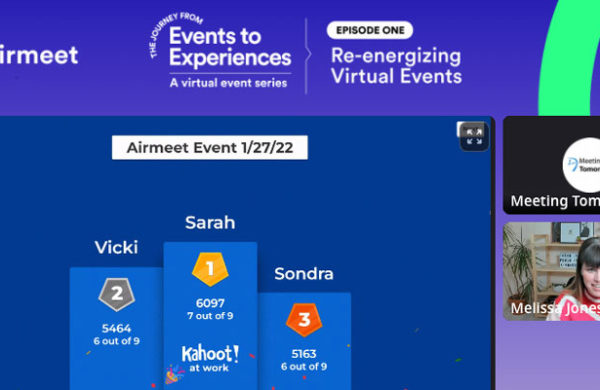
Meetings are frequently poorly run. Nothing is worse than sitting in a meeting for an hour or two wondering when it will be over and why it was called. There are a number of ways to make sure every meeting runs smoothly and doesn’t become a dreaded event.
Building an Agenda
While the person running the meeting may know exactly which topics he or she wants to cover, the people attending the meeting will not be so fortunate. When writing out the points to be covered, create an outline for the people attending the meeting, or rent a projection screen and LCD projector to display the agenda throughout the meeting. The agenda can include a brief summary of the topics that will be covered, or can provide space for taking notes. Both will make the agenda not only informative but useful. If it is going to be a long meeting, schedule breaks and include time guesstimates for breaks and lunches as well as an idea of when the meeting will end. Prior to completing the agenda, send out an email or memo asking if there are any items people would like to have added. This prevents interruptions during the meeting that may compromise the schedule.
Staying on Schedule
Try to follow the schedule as outlined in the agenda. If specific times were listed, make every effort to stay as close to those times as possible. If the agenda was not long enough to warrant a detailed schedule, let everyone know how long the meeting will last when it begins and then be sure to finish by that deadline. When people know what to expect, it is usually easier for them to stay focused during the allotted time. By leaving the meeting open-ended, they may subconsciously be expecting the meeting to end at any minute and lose focus.
Keeping Good Notes
Ask someone to take notes for the meeting. (It could be helpful to review How to Prepare Minutes for a Meeting.) While some people may still prefer to take their own notes, this guarantees that each participant can have an accurate record of what was discussed during the meeting for future reference. The notes can be run off on a copy machine and distributed the following day, or typed and emailed to everyone. At more detail-oriented meetings, or occasions that will require a complete transcript, use a digital recording device.
Questions
During any meeting, questions are sure to arise. This is often why meetings continue later than expected, since one question sometimes spurs other questions, which can completely derail a meeting. An easy way to prevent this is to schedule a time for questions. There can be a question and answer session at the end of each topic or at the end of the meeting, depending on the length of the topics and the meeting. One of the best ways to prevent questions from getting off topic is to schedule the question and answer portion of the meeting immediately before a break, lunch, or conclusion. Most people will want to stay focused on the topic at hand when they are mentally preparing to leave. Try to consistently remind people to jot down their questions, and that there is time scheduled for them to ask any questions they may come have.


